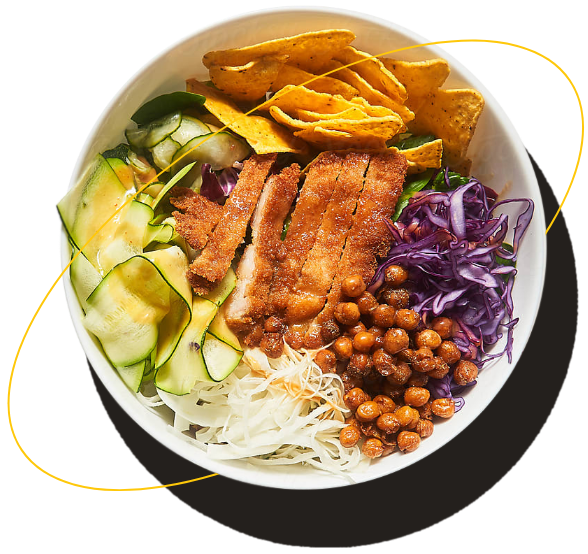Media Advisory: Meat, dairy experts advance climate, food security solutions at COP28
November 30, 2023 (Washington, DC) – The Meat Institute and the Protein PACT for the People, Animals & Climate of Tomorrow will highlight animal agriculture’s commitments and progress toward global goals in multiple high-level engagements at the UN Climate Change Conference (COP28) in Dubai November 30-December 12.
The Meat Institute is an accredited COP28 observer, and the Protein PACT is a principal sponsor of the Inter-American Institute for Cooperation on Agriculture’s (IICA) Sustainable Agriculture of the Americas Pavilion.
In addition to convening experts on livestock production and consumption across multiple COP28 pavilions, IICA and the Protein PACT will co-host on December 8 a high-level reception celebrating sustainable agriculture of the Americas, highlighting the role of meat and dairy. Speakers include IICA Deputy Director Lloyd Day, Meat Institute Chief Strategy Officer Eric Mittenthal, and Uruguayan Minister of Livestock, Agriculture, and Fisheries Fernando Mattos Costa.
Meat Institute Chief Strategy Officer Eric Mittenthal commented:
“Protein PACT partners are honored to again emphasize at COP28 the role of animal agriculture in driving sustainability and food security solutions and to support IICA in advancing sustainable agriculture of the Americas. We look forward to engaging throughout the summit to verify progress toward sustaining nutrient-dense foods like meat and dairy for generations to come, including by sharing the Meat Institute’s pioneering greenhouse gas inventory tool and sector-wide data reporting.”
IICA Director General Dr. Manuel Otero added:
“As the FAO has concluded, meat, eggs and milk offer crucial sources of much-needed nutrients which cannot easily be obtained from other sources, and producing these foods supports the livelihoods of millions throughout the Americas and around the world.
Livestock production is therefore central to all sustainability solutions – environmental, economic, and social. IICA and its member states will continue to champion at COP28 and beyond the critical role of sustainable agriculture of the Americas, including livestock production, in achieving global goals.”
The Protein PACT has organized or assisted with inviting expert speakers for six panels across five COP28 pavilions, including:
December 5 panel in the Food Pavilion, co-organized by IICA and the International Livestock Research Institute (ILRI) on the topic of sustainable and healthy livestock production systems
December 6 panel in the IICA pavilion, organized by the Canadian Alliance for Net-Zero Agri-food on the topic of achieving net zero in agrifood systems
December 8 panel in the IICA pavilion, organized by the Protein PACT on the topic of principles, practices, and proof for animal agriculture driving climate and food security solutions
December 9 panel in the IICA pavilion, co-organized by IICA and ILRI on the topic of innovation and investment in livestock systems for climate change adaptation and mitigation
About the Meat Institute: The Meat Institute is the United States’ oldest and largest trade association representing packers and processors of beef, pork, lamb, veal, turkey, and processed meat products. NAMI members include over 350 meat packing and processing companies, the majority of which have fewer than 100 employees, and account for over 95 percent of the United States’ output of meat and 70 percent of turkey production. To learn more, visit MeatInstitute.org.
About the Protein PACT: The Protein PACT unites partners across animal protein to accelerate the entire sector’s progress toward global sustainable development goals for healthy people, healthy animals, healthy communities, and a healthy environment. Protein PACT partners are establishing transparent baselines and benchmarks, setting ambitious targets for continuous improvement, collecting data to verify and transparently report on progress, and launching comprehensive communications about animal protein’s unique place in healthy diets and sustainable food systems. To learn more, visit www.TheProteinPACT.org.
Learn more

